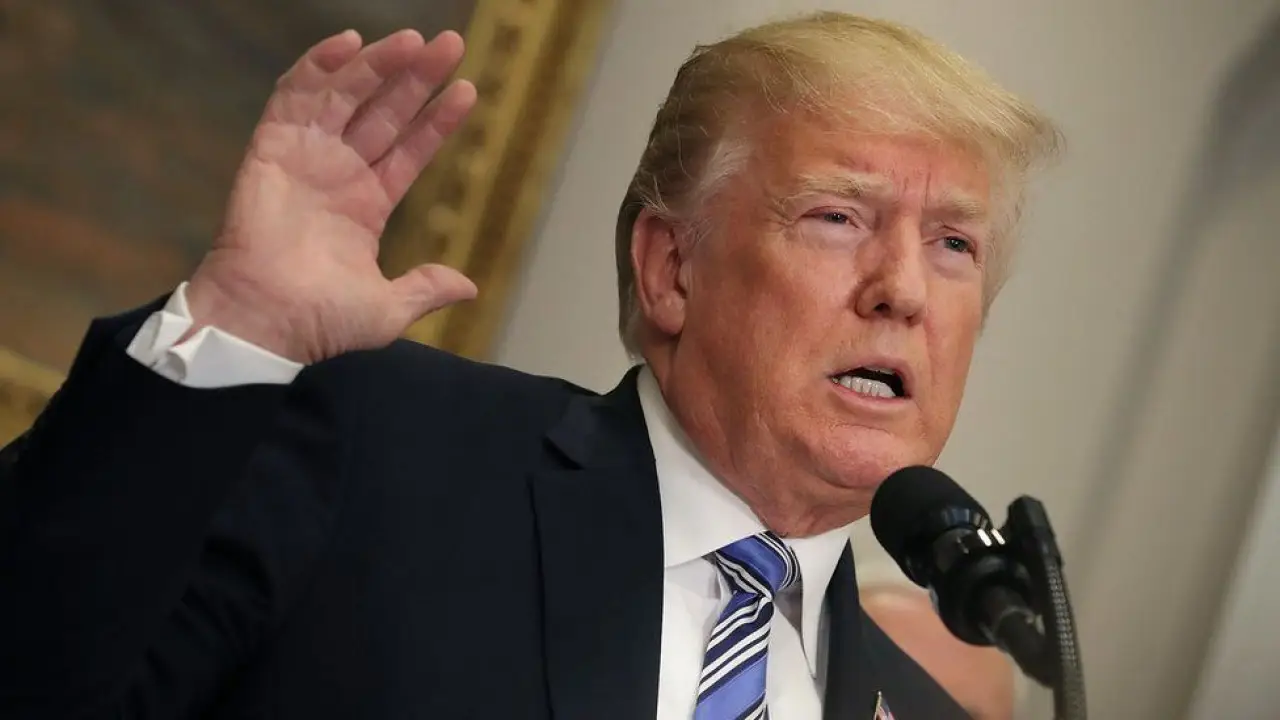
Donald Trump (Social Media)
International News: In a rare diplomatic military move, Pakistan’s Air Force Chief Zaheer Ahmad Babar visited the Pentagon this week for high-level talks. He met with Secretary of the Air Force for International Affairs, Kelli Seybolt, and U.S. Air Force Chief of Staff, General David W. Allvin. This marked the first visit by a Pakistani Air Force Chief in over ten years, reflecting a shift in strategic equations. According to official statements, discussions focused on defense cooperation, joint military training, and technological collaboration. The timing of the visit has raised eyebrows in New Delhi, especially after the recent Operation Sindoor airstrikes.
India’s Operation Sindoor, which targeted Pakistani airbases, reportedly damaged several U.S.-made F-16 jets in Pakistan’s inventory. This has become a sensitive point, as Islamabad seeks to restore operational parity against India. Currently, Washington restricts Pakistan from deploying F-16s in any potential conflict with India. Pakistan, alarmed by India’s recent aggressive posture, wants that restriction removed immediately. The visit was seen as a quiet plea to the Pentagon to reconsider those terms.
Pakistan is reportedly lobbying to end the U.S.-imposed embargo on using F-16s against India. During Operation Sindoor, Islamabad had to rely on Chinese J-10s and JF-17s instead of the more advanced American fighters. The Pakistani side claims that not using F-16s leaves a technological gap in its defense preparedness. Sources say internal discussions are underway in Washington, though India remains a critical counterbalance in the region. Lifting the ban may send ripples across diplomatic and defense corridors in Delhi.
To soften its global image, Pakistan is now framing itself as a peace-seeking nation. After the Air Force Chief’s Pentagon stop, he met officials handling South and Central Asia at the U.S. State Department. Their joint statement emphasized “geopolitical stability” and “regional peace”—a calibrated shift from previous aggressive posturing. Pakistan’s military aims to reinvent its image post-Operation Sindoor and project itself as an anti-terror ally. But India remains skeptical, especially given Islamabad’s record of harboring anti-India terror groups.
Pakistan’s diplomatic wins are closely tied to recent overtures by U.S. President Donald Trump. Islamabad recently handed over an ISIS-linked fugitive to the FBI, which reportedly impressed the Trump administration. Since then, Trump has shown unusual warmth toward Pakistan Army Chief General Asim Munir. Analysts suggest this bond could redefine America’s South Asia strategy, especially amid tensions with Iran. The timing, however, raises critical questions given Pakistan’s suspected links to the Pahalgam attack.
Zaheer Ahmad also visited Capitol Hill to meet influential members of the U.S. Congress. Pakistan’s pitch: increased defense cooperation, flexibility on fighter jet use, and renewed strategic trust. Lawmakers were briefed on potential regional spillovers if India strikes again. Pakistan stressed the positioning of U.S. bombers at Diego Garcia during recent operations against Iran. It’s part of a wider plan to convince U.S. policymakers that Islamabad can still be Washington’s best bet in South Asia.





Copyright © 2026 Top Indian News
